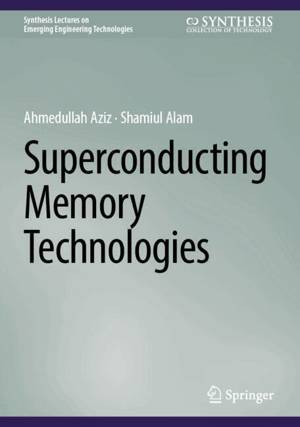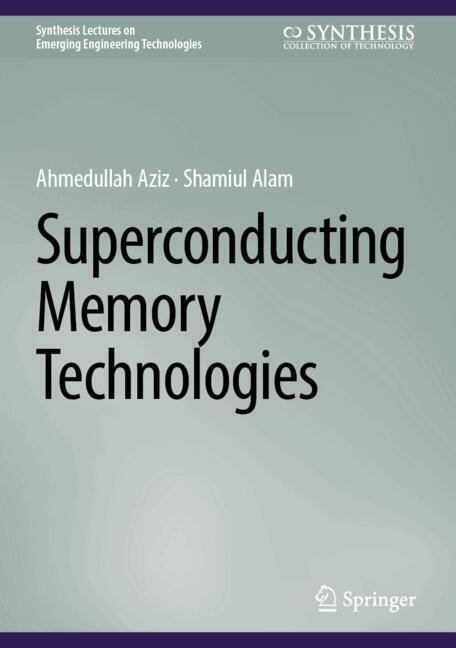
- Afhalen na 1 uur in een winkel met voorraad
- Gratis thuislevering in België vanaf € 30
- Ruim aanbod met 7 miljoen producten
- Afhalen na 1 uur in een winkel met voorraad
- Gratis thuislevering in België vanaf € 30
- Ruim aanbod met 7 miljoen producten
Omschrijving
There is a lot of excitement around quantum computers that use superconducting qubits, which operate at extremely low temperatures since they are ultra-sensitive to noise. These quantum computers need a memory and control processor that can operate under cryogenic conditions. Among the cryogenic memory technologies, superconducting memories are the most efficient and compatible for these purposes. They can help advance quantum computing, facilitate high-performance computing, and explore space more effectively. However, cryogenic memory technologies currently face various challenges.
This book discusses the latest advancements in superconducting memory technologies. It covers four main types of superconducting memories: Josephson junction-based, magnetic Josephson junction-based, superconducting memristor-based, and ferroelectric superconducting quantum interference device-based memories. The book explores the background, working principles, and challenges of each of these technologies, providing a comprehensive overview of the field.
Specificaties
Betrokkenen
- Auteur(s):
- Uitgeverij:
Inhoud
- Aantal bladzijden:
- 68
- Taal:
- Engels
- Reeks:
Eigenschappen
- Productcode (EAN):
- 9783031835568
- Uitvoering:
- Hardcover
- Afmetingen:
- 168 mm x 240 mm

Alleen bij Standaard Boekhandel
Beoordelingen
We publiceren alleen reviews die voldoen aan de voorwaarden voor reviews. Bekijk onze voorwaarden voor reviews.











